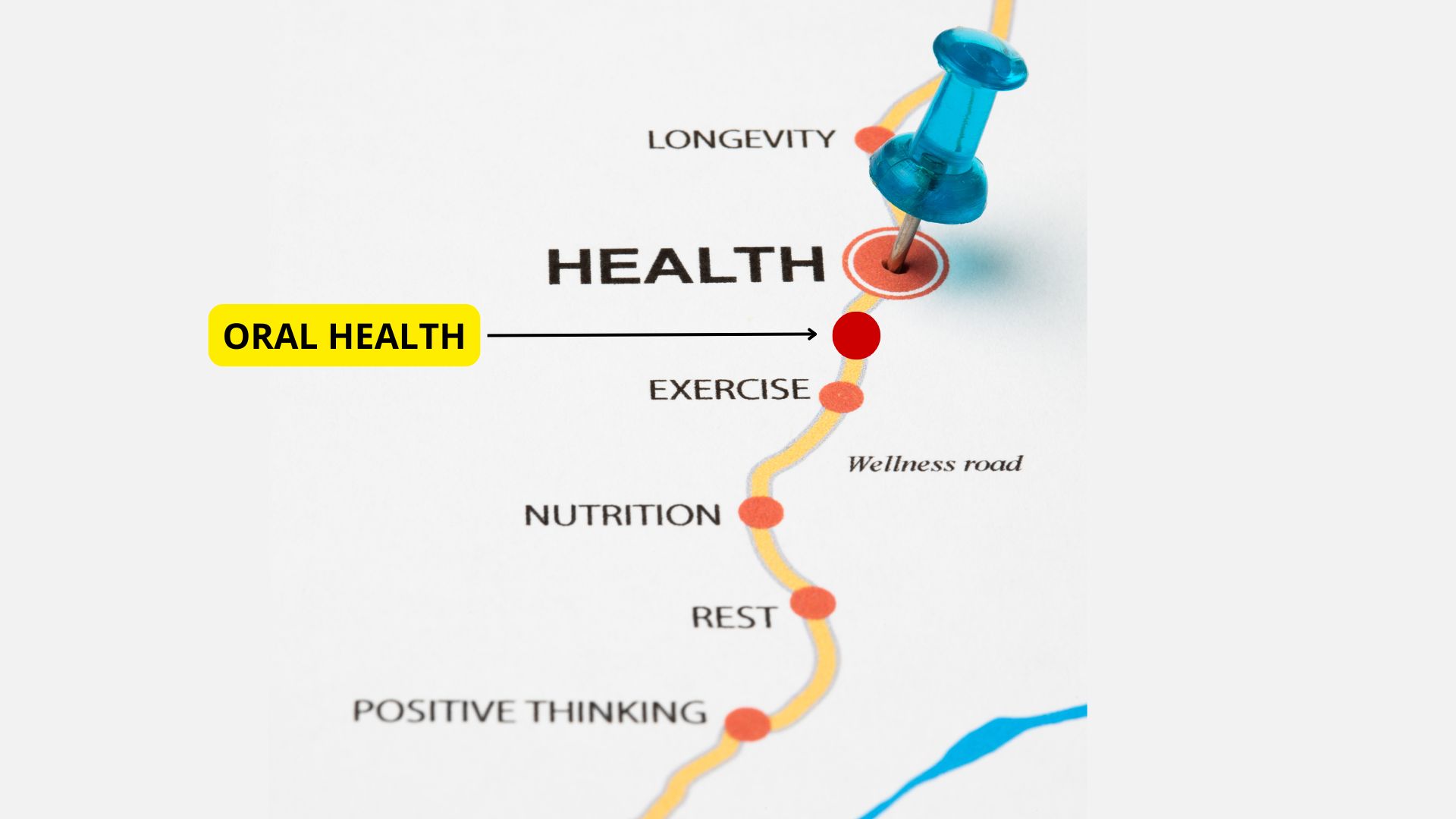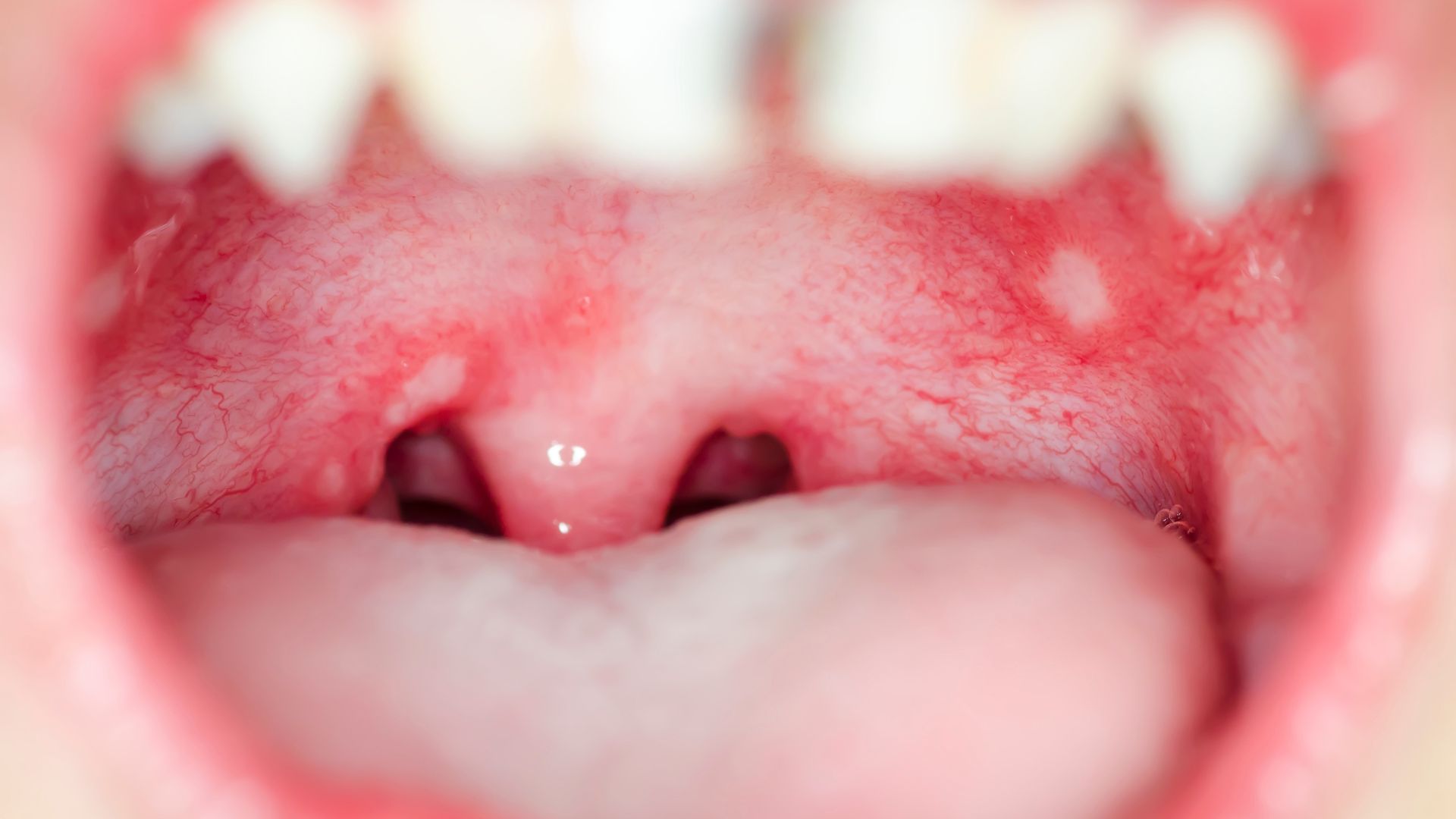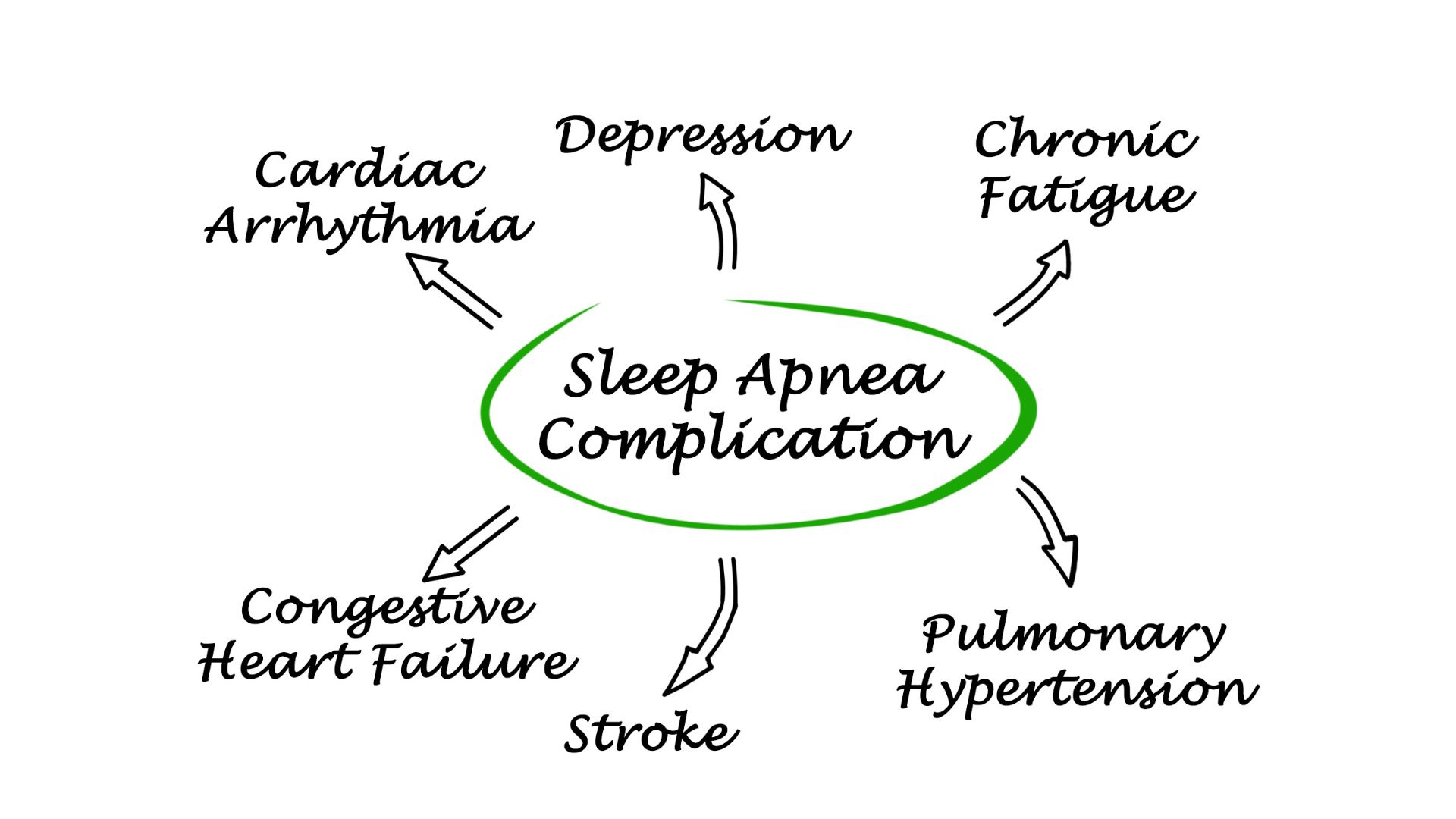Table of Contents
Most people know that brushing, flossing, and seeing the dentist regularly are key to a healthy smile. But did you know that what happens in your mouth can also reveal important clues about your overall health? In fact, routine dental screenings don’t just protect your teeth—they can sometimes be the first step in identifying serious medical conditions.
Here are three ways a dental screening could quite literally save your life.
1. Spotting Health Problems Beyond Your Mouth

Every checkup includes a careful look at your teeth and gums for signs of decay, infection, or gum disease. While these can stem from poor oral hygiene, they’re sometimes linked to broader health concerns. For example, advanced gum disease (periodontitis) has been connected to premature births, cardiovascular disease, and other systemic conditions.
During a routine exam, your dentist might notice signs that suggest a bigger health issue and refer you to another doctor for testing. Dental screenings have helped uncover conditions such as:
- HIV/AIDS
- Diabetes
- Endocarditis
- Osteoporosis
- Head and neck cancers
- Cardiovascular disease
- Alzheimer’s disease
- Rheumatoid arthritis
Since many of these conditions can become life-threatening if undiagnosed, regular dental visits play a crucial role in safeguarding your overall health.
2. Detecting Oral Cancer In Its Early Stages

Oral cancer can affect many areas—your tongue, lips, cheeks, throat, or the roof and floor of your mouth. The earlier it’s detected, the more treatable it is. Unfortunately, oral cancers often go unnoticed until they’ve progressed, making treatment more challenging.
Dentists are uniquely positioned to catch these signs early, since they spend more time examining your mouth than most physicians do. If your dentist notices something unusual, such as a sore that won’t heal, unusual colour changes, or a lump, they can refer you for further testing right away. This kind of early detection can be lifesaving.
3. Uncovering Sleep Apnea

Sleep apnea is a serious disorder where breathing repeatedly stops during sleep. Left untreated, it can raise the risk of heart disease, high blood pressure, stroke, type 2 diabetes, and even sudden cardiac events.
So, what does this have to do with dentistry? One of the telltale signs of sleep apnea is bruxism, or unconscious teeth grinding. Bruxism can cause worn teeth, receding gums, jaw pain, headaches, and other damage your dentist can quickly spot.
If your dentist suspects bruxism, they may recommend a sleep study, which can lead to a sleep apnea diagnosis. With treatment—often using a CPAP device to keep airways open—you can reduce your risks and reclaim restorative, healthy sleep.
The Bottom Line – Dental Screening Can Save Your Life

Your dentist isn’t just protecting your smile—they’re also helping protect your overall health. Routine dental screenings can reveal warning signs of disease, aid in early cancer detection, and even uncover hidden sleep disorders.
Taking the time for a dental checkup could make all the difference. If it’s been a while since your last dental visit, schedule one today—for the health of your mouth and your body.

